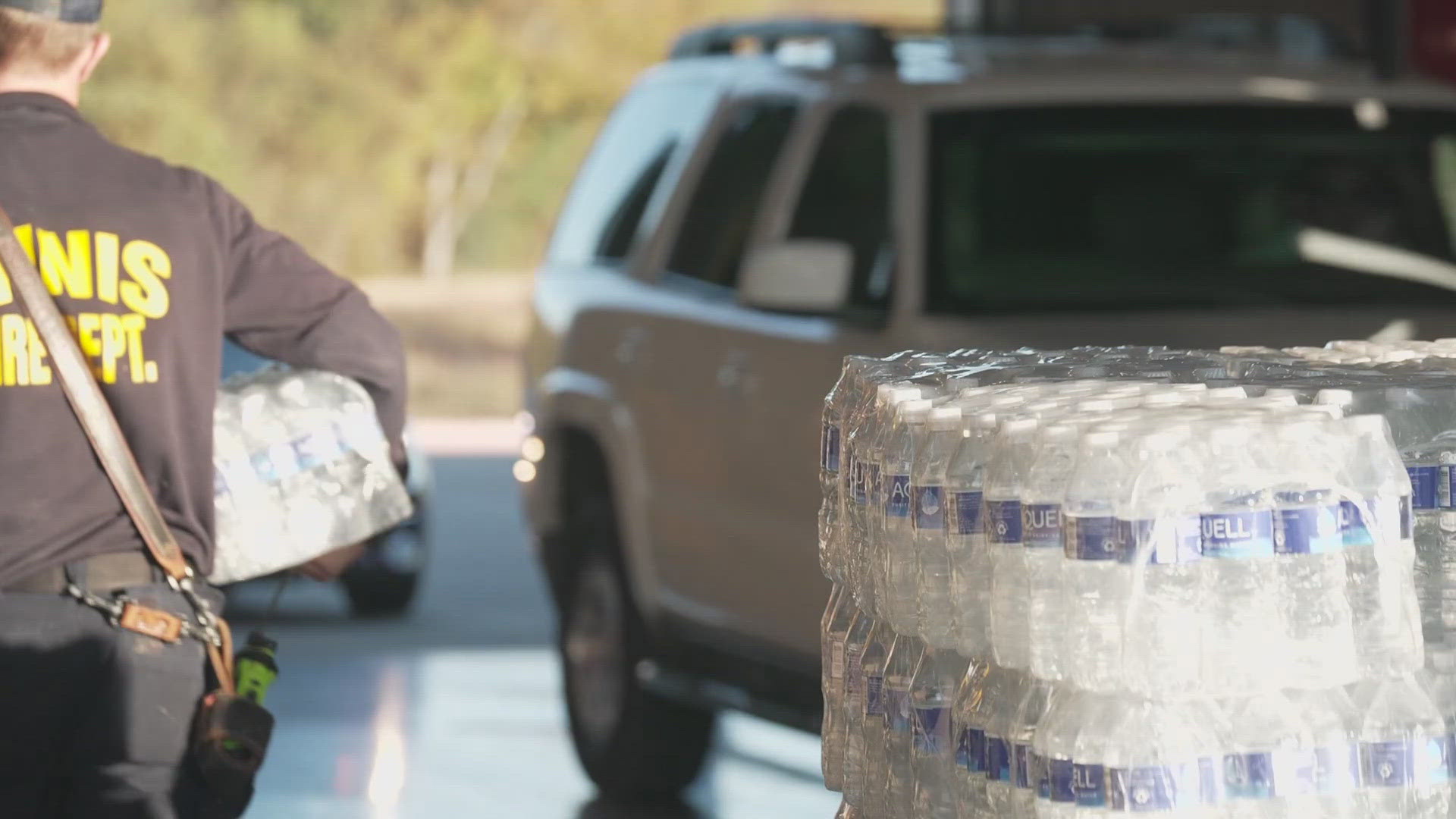DALLAS —
Robert C. Leonard Jr., 71, who admitted to paying more than $3 million in bribes and kickback payments to Dallas officials in return for government contracts, was sentenced to 7 years in federal prison and made to pay $125 million in restitution.
U.S. District Judge Barbara Lynn called Leonard’s actions part of “a shameful episode” for Dallas in which he admitted to a bribery scheme to gain public contracts for the sale of school bus security cameras.
The scheme ultimately cost taxpayers $100 million and led to the shutdown of the Dallas County Schools, which provided bus services to many area school districts.
Part of the scheme included $450,000 in bribe and kickback payments to former Dallas Mayor Pro Tem Dwaine Caraway. The bribes were in the form of a phony consulting agreement, and also included luxury suits, trips, gambling money, repayment of personal debt, checks and cash.
Caraway was sentenced last month to 56 months behind bars and ordered to pay $500,000 in restitution. Caraway admitted to promising to further Leonard’s company business through key votes to promote and continue the school bus stop-arm camera program with the Dallas County Schools.
Dallas County Schools Board President Larry Duncan was sentenced last month to six months of home confinement and three years of probation.
Leonard also admitted to paying Rick Sorrells, former Dallas County Schools Superintendent, over $3 million in bribes and kickbacks payments in various forms, including $200,000 toward Sorrells’ credit card and student loan debt through a bank account opened in the name of a nonexistent entity.
Sorrells pleaded guilty last month to federal wire fraud and could face up to 10 years after admitting to accepting the bribes and kickbacks. Sorrells is scheduled to be sentenced in August.
Federal prosecutors called Leonard a key player in one of the largest U.S. public corruption cases.
According to court records, Leonard funneled a significant portion of the payments through various “pass-through” companies.
Payments initially were called “consulting fees” or “loans” through a shell company, but later attempted to recast the payments as a loan, federal court documents say.
Federal prosecutors said Sorrells provided no legitimate consulting services in exchange for the payments.
Other payments made to Caraway were in the form of checks that were cashed at pawnshops and liquor stores.



